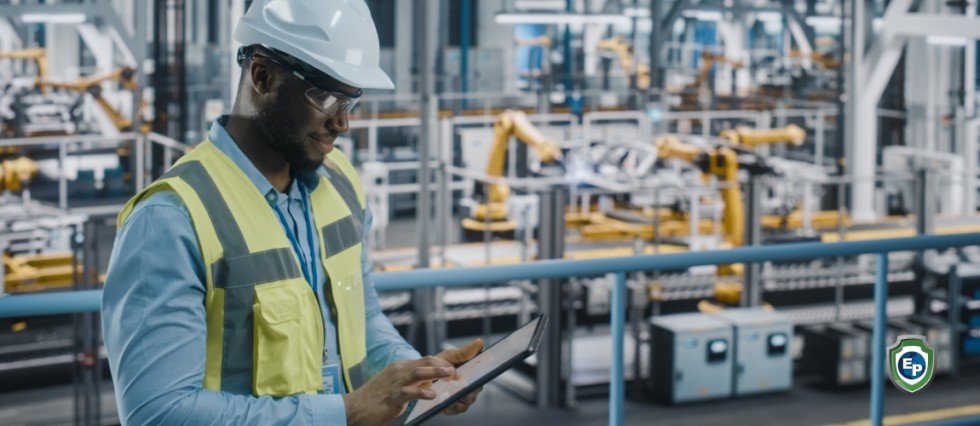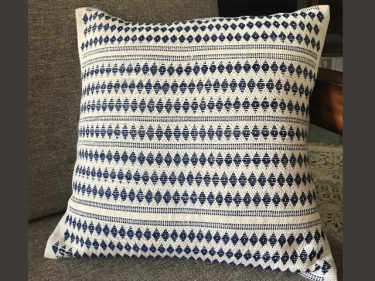The Impact of Blockchain Technology on the Manufacturing Industry
The role of blockchain in the manufacturing sector is significant, as it can provide manufacturers with a variety of benefits. Come check out our article to learn more about these advantages.

Data has never been more important in the world of technology and engineering. What we know and how we collect, store, and share information are critical to understanding the impact of blockchain technology on the manufacturing industry.
Design and Testing
The flexibility of blockchain makes it a great tool for quickly designing systems which can then be prototyped, shared, and verified at great speeds. This cuts down the time needed to develop products, especially within distributed teams that might be collaborating from different parts of the world.
Blockchain for Tracking
After a product has been designed, the manufacturing process can be optimized by tracking every component that goes into it. This is enormous because an infinite amount of data can be collected, analyzed, and used to correct or improve faulty processes and parts.
This can be carried further into the distribution process to account for every delivery. Blockchain makes it easier to track and recall faulty products when mistakes are made. This is cheaper than recalling every machine that is exported and even more efficient when solutions can be transmitted from lab to user.
Collaboration and Copyright
Blockchain makes it easier to share information within a company so that everyone stays abreast of policy, goals, knowledge, and what is happening in the industry. For cross-collaboration, it offers a way to quickly align objectives in real-time. This can come handy in manufacturing processes where there’s a mass of patents and crypto-patents owned by different entities that have to be cleared or acknowledged. It can save manufacturers from unnecessary lawsuits due to copyright infringements.

Authentication and Quality Assurance
Blockchain is also transforming the way manufacturers perform quality assurance. This is useful when they need to sift through regulatory data to ensure compliance in the countries where they operate and where their products are delivered. Different countries may have different regulations, which can change over time. Having all the data makes it easier to catch up or customize at a lower cost.
Blockchain can help end users distinguish between genuine and counterfeit products as well. This will not only save them time and money, but it will also save them from disaster by avoiding fake medication or contaminated food.
Rise of the Commons
As manufacturers prepare to adopt new technologies, the most transformative aspect will be the massive amount of data made available through open-source. Ordinary people are now using this technology to create their own equipment and parts. Users can also use public domain knowledge to service their tools by combining blockchain, artificial intelligence, and 3D printing.
Some manufacturers will have to redefine their roles in the future, either by moving entirely to the information and knowledge space or by shifting to providing readily available materials that their customers can use based on their needs.
Consumers today are increasingly sharing information among themselves, giving rise to a growing community of peer-to-peer manufacturers. This collaborative approach, aided by blockchain, will transform the entire manufacturing ecosystem.
Stay Tuned with Export Portal
Found this article informative? Visit our Blog Page for more articles like this one!


















Comments 0